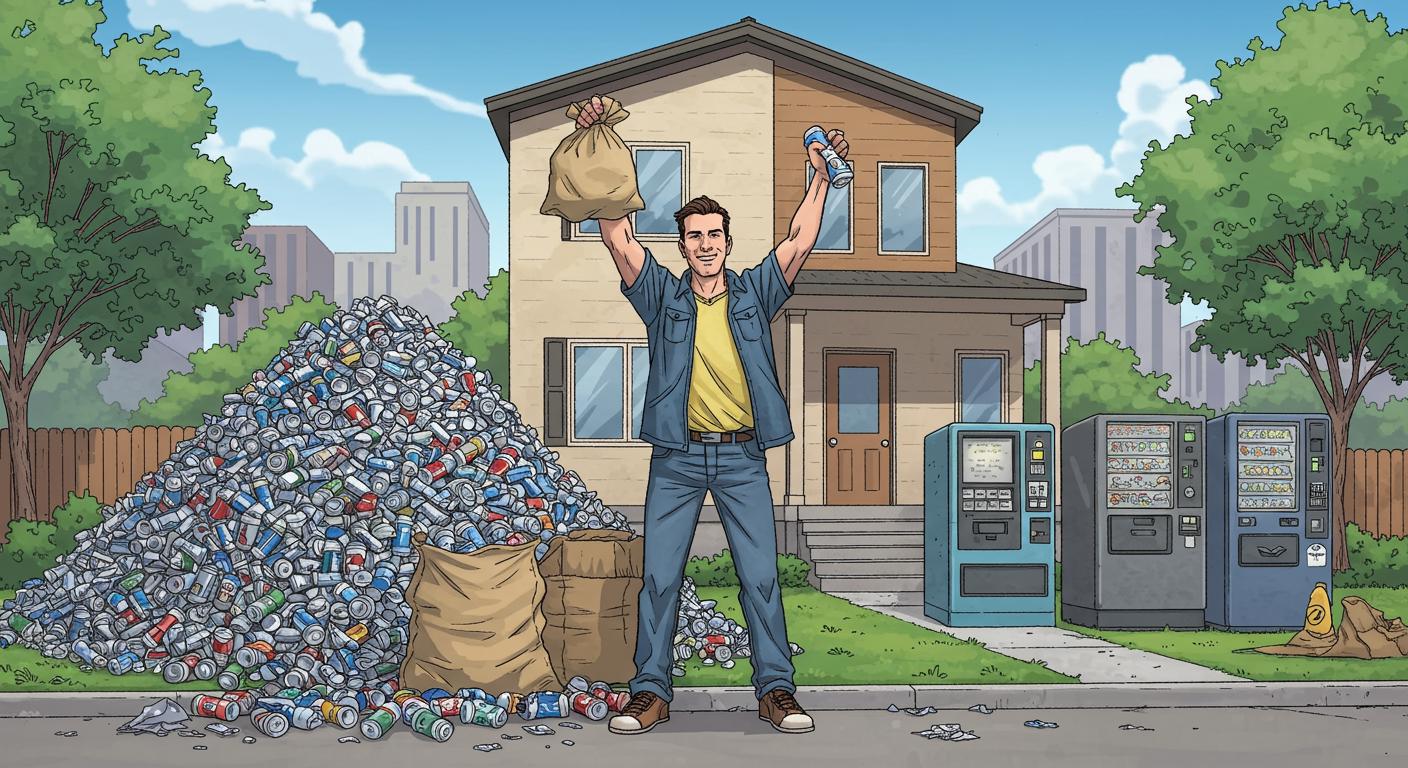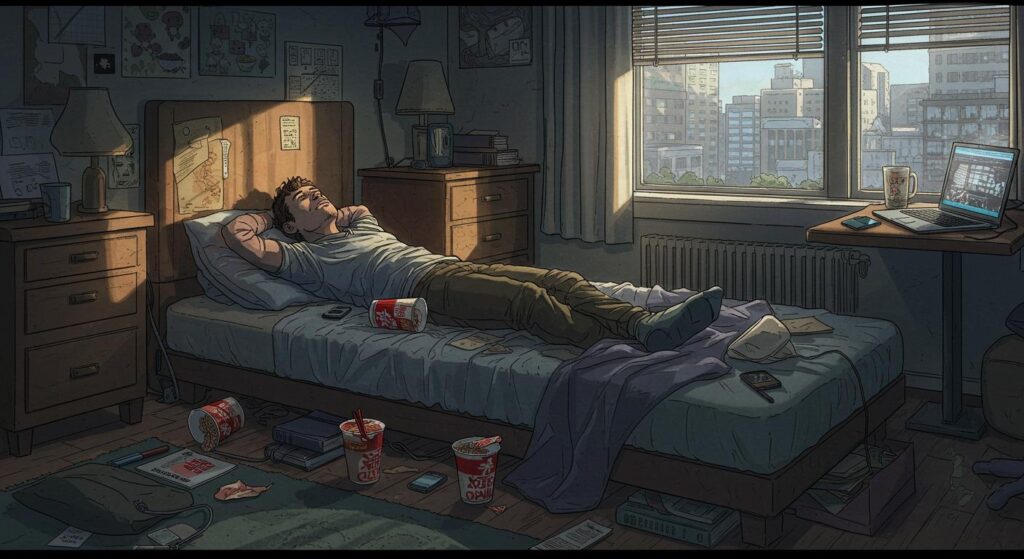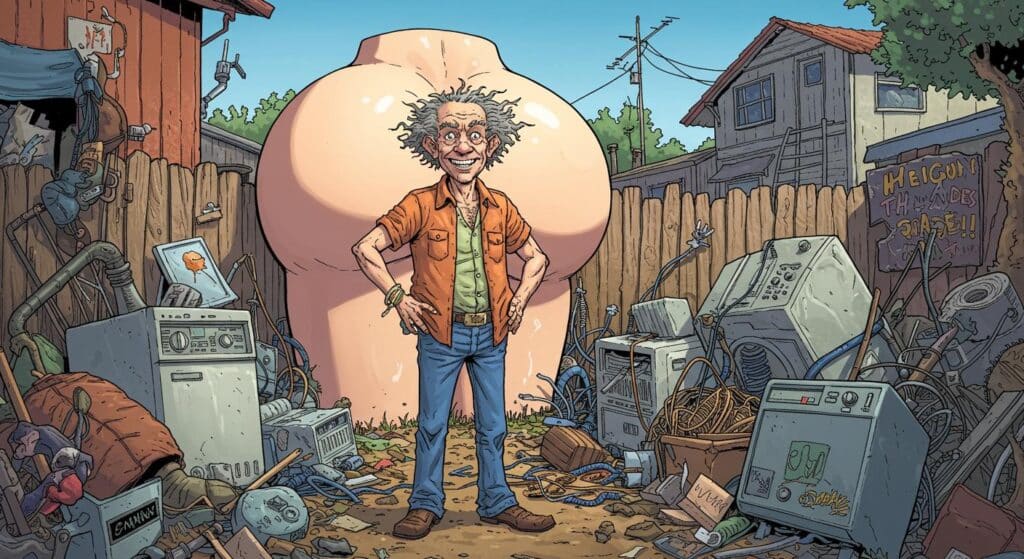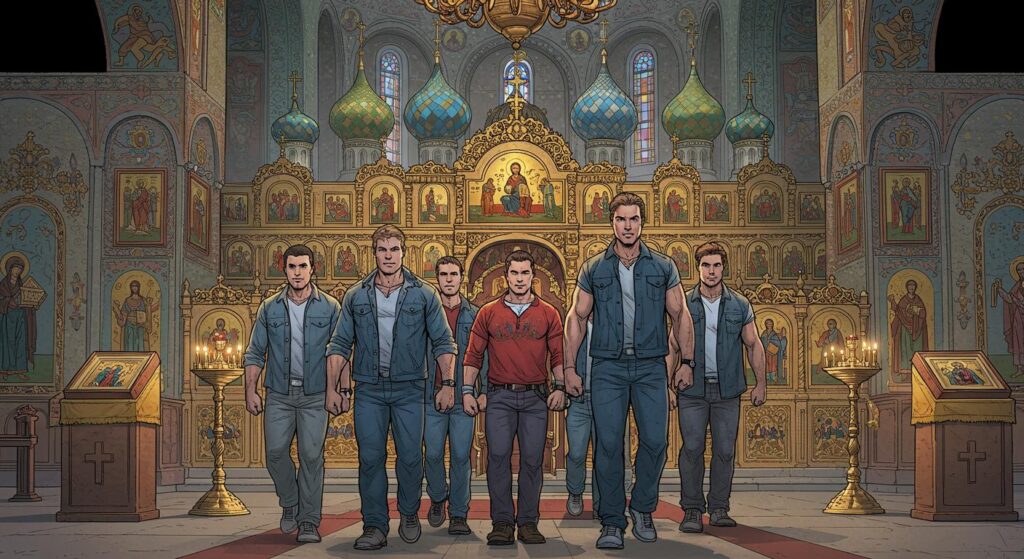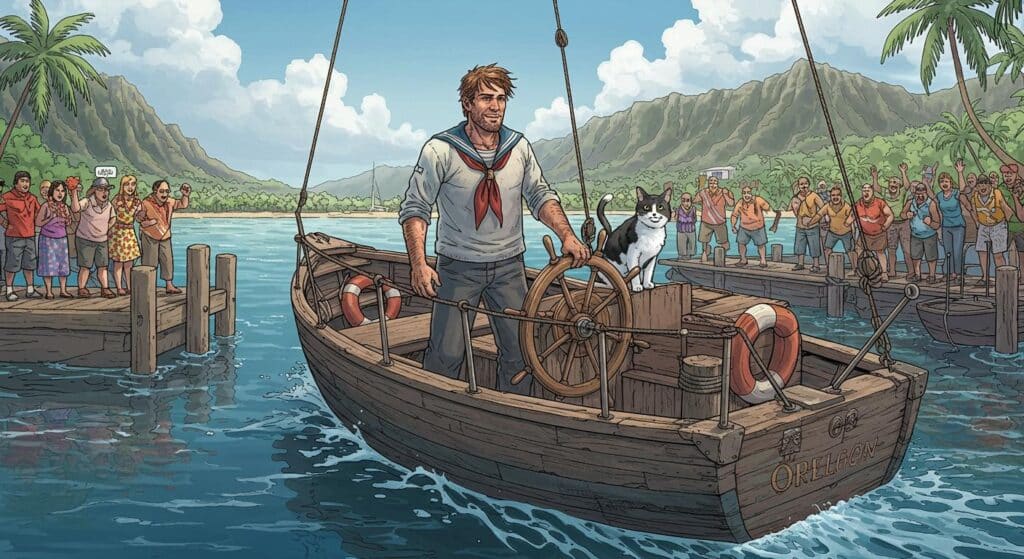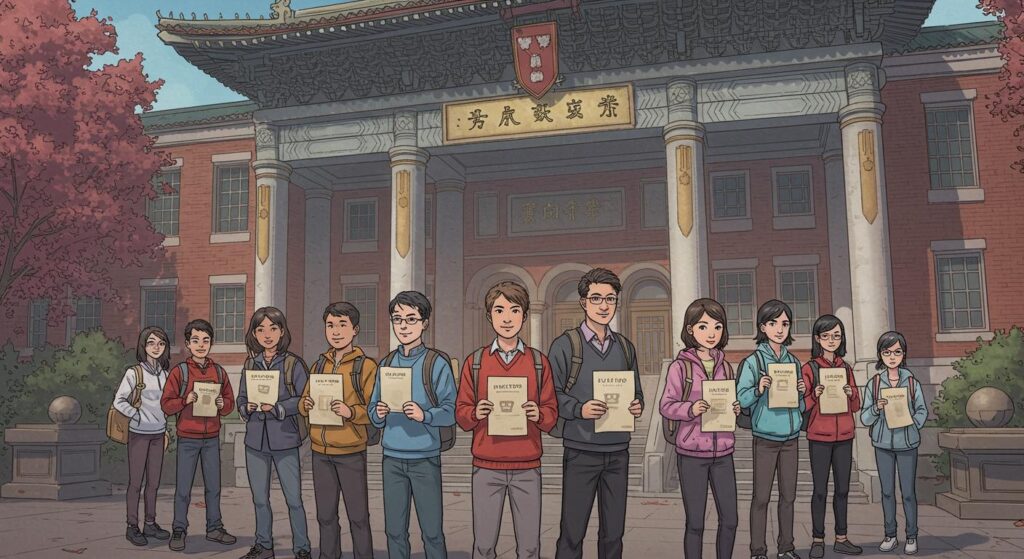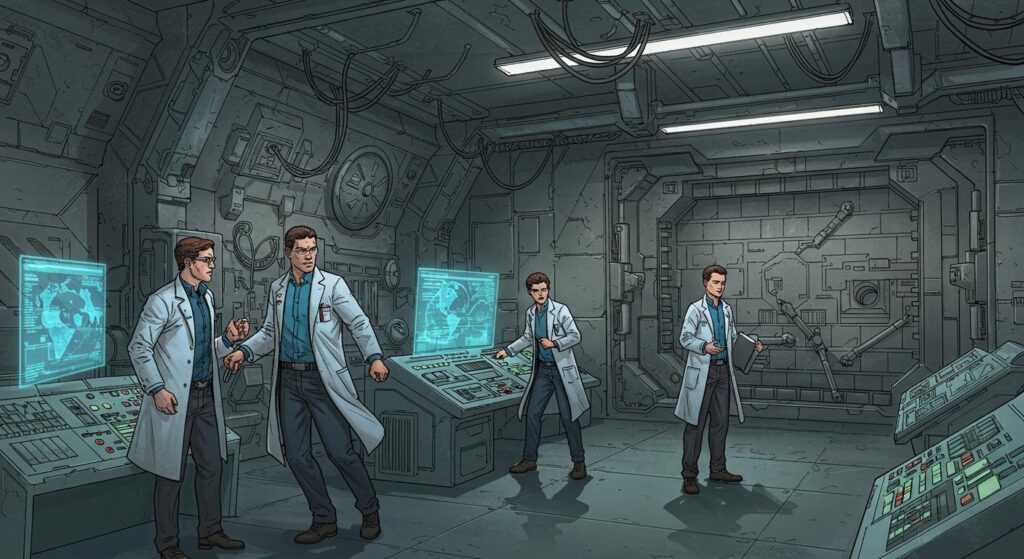Occasionally, a story comes along that feels too odd to be true, yet manages to check all the boxes for verified peculiarity. As The Cool Down reports, Damian Gordon, a 36-year-old from New South Wales, Australia, turned nearly half a million discarded beverage containers into the down payment for a two-bedroom house—a DIY approach to property acquisition that even the most determined coupon-clipper might envy.
From Casual Cleanup to Cash Collection
According to The Cool Down, Gordon’s journey didn’t begin as a grand financial plan. Instead, after long days working in the health industry, he started taking daily walks along the beach to unwind. Described in his interview with That’s Life and quoted by The Cool Down, he found it “impossible to ignore all the rubbish … scattered across the shoreline.” Gradually, collecting trash became part of his routine—a habit born of frustration with litter, not dollar signs.
Gordon soon noticed that mountains of containers abandoned at parks and events weren’t just unsightly, but had monetary potential. In a notable moment shared with the outlet, he attended a 2017 festival where he and volunteers managed to separate 40,000 recyclable containers from the mix, resulting in a payout of $4,000 for a single day’s work. “I’m going to recycle my way to a house deposit,” he recalled telling his mother, as The Cool Down recounts. Relatable dream? Maybe not. Achievable? Apparently, yes—if you’re willing to haul enough empties.
The Numbers Add Up (Eventually)
In a detail highlighted by The Cool Down, since the introduction of New South Wales’ “Return and Earn” program in 2017—which offers ten cents per returned can or bottle—Gordon began intentionally saving his recycling earnings. As the outlet documents, his strategy netted him $20,000 in under three years. By January 2025, this method had accumulated $45,000, which he combined with other savings for the deposit on his new home. The math, if you’re curious, checks out: nearly half a million cans and bottles redeemed for cash, one trip (or several thousand trips) to a reverse vending machine at a time.
For anyone familiar with the Australian housing market, the scale of this feat becomes even more apparent. The Cool Down notes that over a third of houses in Australia exceed the $1 million mark, a figure that might make even the most ambitious bottle-picker pause mid-collection. Did Gordon intend to become a poster child for circular economy persistence? Not at first—but sometimes determination sticks harder than beach tar.
A Home Outfitted by Curbside Finds
It turns out Gordon’s approach to sustainable living went well beyond simply raising a deposit. As described by The Cool Down, his years among the refuse inspired him to furnish his new place almost entirely with curbside “treasures”—a fridge, microwave, juicer, and even a bed frame, all sourced from the detritus left behind by others. There’s something oddly fitting about a home assembled from remnants rescued at dawn and dusk, rather than purchased in one frenzied Saturday at a big-box store.
Does seeing the long-term payoff make those early-morning scavenges seem more appealing? Or is the real magic in the routine itself—the slow transformation of bottles and cans into cold, hard currency, and then again into practical basics for daily living?
Still Canning It
Gordon’s recycling journey hasn’t slowed down since he moved in. As he told The Cool Down, “With mortgage repayments coming hard and fast, I don’t plan to stop collecting any time soon. Now I’m paying off my dream home, one bottle at a time.” It seems old habits die hard, especially when the results are so tangible.
The outlet also notes that his down-to-earth frugality has become embedded; after those years face-to-face with society’s cast-offs, it’s hard to imagine him abandoning the habit now. For most, reverse vending machines are a childhood memory or an occasional errand. For Gordon, they’re a linchpin in a persistent, almost meditative, process.
Patience, Persistence, and Other People’s Trash
You have to wonder: is this a blueprint or an extreme outlier? As The Cool Down illustrates, the intersection of stubbornness and environmental stewardship can lead to unexpected places—sometimes straight through a pile of discarded cans and right up to a new set of front-door keys.
Patience, after all, isn’t glamorous—but occasionally, it really does pay off. How many other possibilities are hiding in plain sight, waiting for someone just dedicated (and maybe just eccentric) enough to uncover them?

